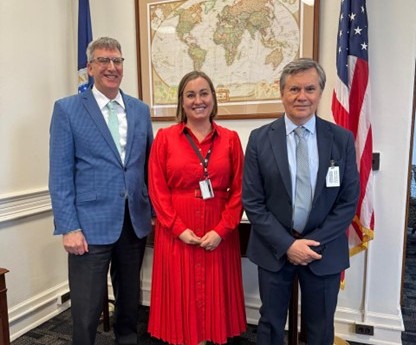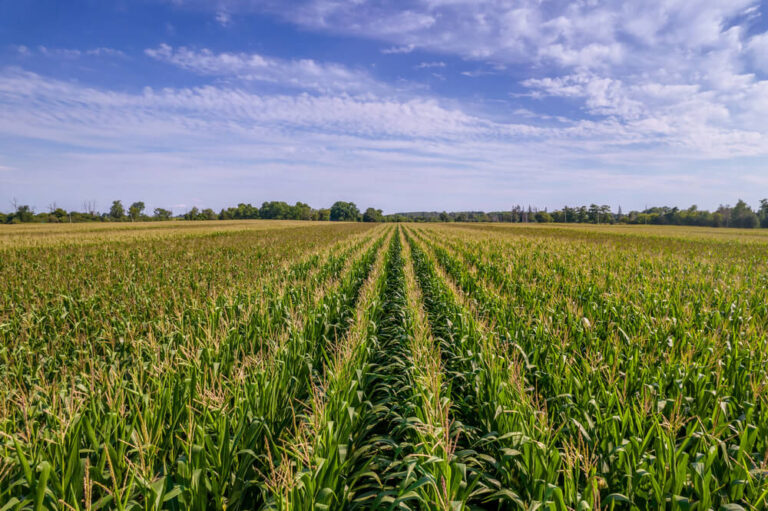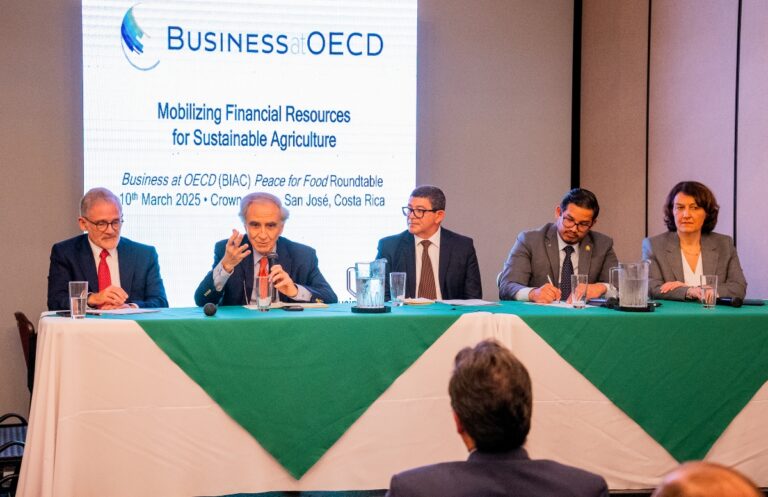The Association of Canadian Faculties of Agriculture and Veterinary Medicine (ACFAV) and the University of Saskatchewan jointly hosted a Mindshare Program entitled “Securing Canada’s Food Future: The Role of Science in Food Security” which featured the role of research universities in Canada.
Director McGill Institute for Global Food Security, Professor Hugo Melgar-Quiñonez, as well as senior U of S Faculty members were able to share insights on the food insecurity challenge and the role of research and innovation. The increasing levels of food insecurity in the world, including in Canada has been documented, and efforts at analyzing and addressing this are evident in the programs of Canadian universities. As an example, the University of Saskatchewan’s recently established Global Institute of Food Security is evidence of its commitment to help the world face the challenge of feeding the exponentially growing population. One of the take-away messages during the half day session was the familiar one- that researchers need to be able to better communicate in order to effectively inform policy makers. A case in point is the emerging concern regarding antimicrobial resistance in meat which presents potential issues for food security, food safety and global health care.
Participants were encouraged by the President of Association of Public and Land Grant Universities (APLU) who advised of the search of the “next big thing” for USA, Canada and Mexico – which could be tackled through universities.
A distinguished panel comprising Deans of universities in British Colombia, Manitoba, Quebec and Prince Edward Island, weighed in on the technical capacities and strengths in Canadian institutions with Agricultural programs. Canada, being a world leader in veterinary epidemiology is positioned to assist the rest of the world grappling with the effects of climate change on the production of animal protein, represents a potential area for partnerships. Policies impacting pricing, food waste, and logistics were issues also noted for attention.












